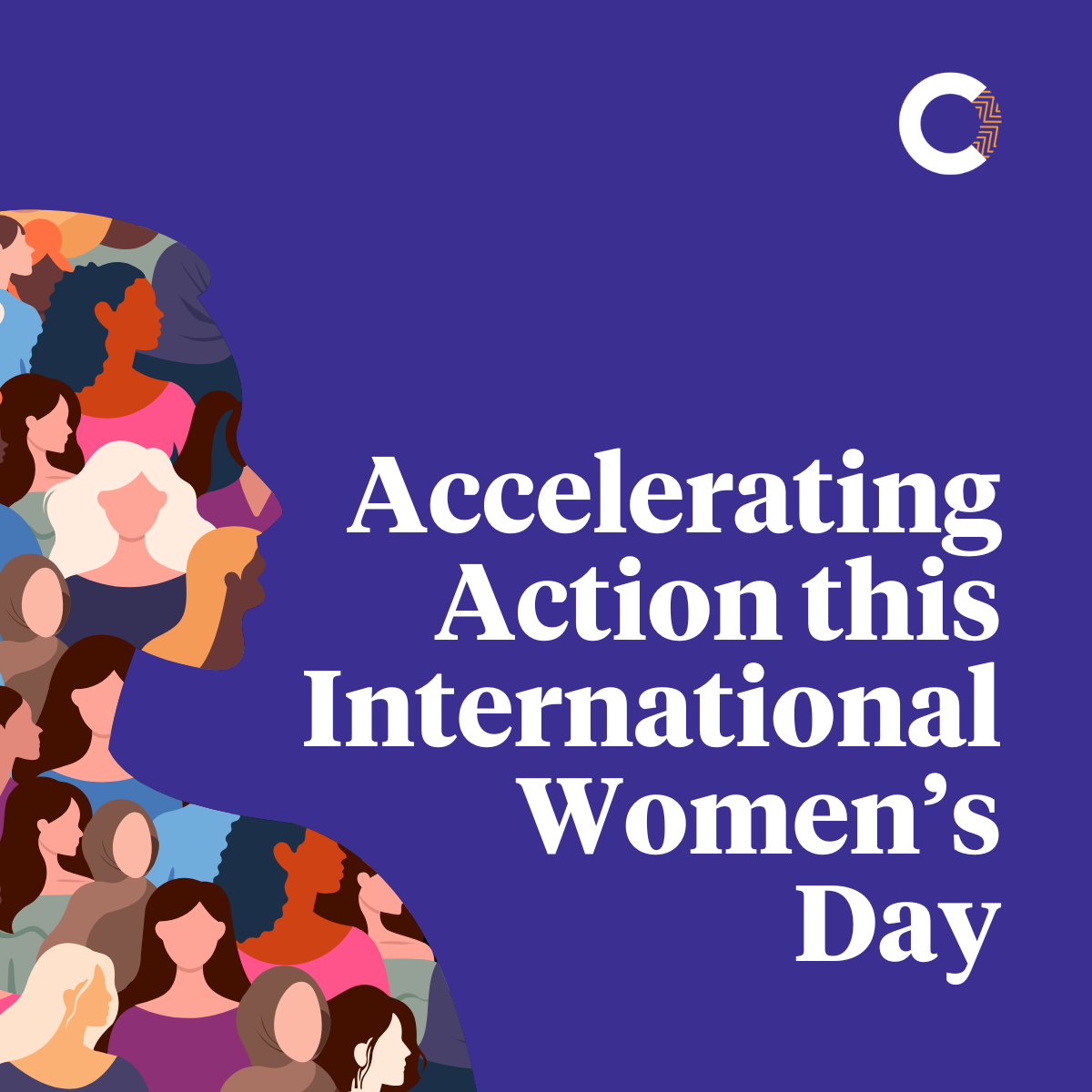Accelerating action this International Women's Day

Eleanor Cater
Philanthropy and Membership Services Director, CFANZ
For International Women's Day
March 8th 2025
It’s a researched phenomenon that women give differently. This can be seen unfolding across society, in many ways, including how high-profile women such as Mackenzie Scott and Melinda French Gates express their personal philanthropy, tending towards more high trust approaches than their male counterparts. This includes support for grassroots initiatives, marginalised communities and community empowerment.
In New Zealand, we see similar examples of women supporting informed grassroots mahi in the work of the Gattung Foundation, the Clare Foundation, and Lady Margaret Tindall’s strong influence supporting grassroots initiatives through locally based Donation Managers at The Tindall Foundation.
Women's giving and community foundations
In the community foundations network, we also see many examples of women who openly say that they want to learn how to give well and stride into proactive giving practices. Jann Medlicott is an example of one such thoughtful giver who, through Acorn Foundation, established the annual Jann Medlicott Acorn Prize for Fiction at the Ockham New Zealand Book Awards; Joy Shivas recognised the pivotal role entrepreneurs play in driving progress in her hometown and supports female entrepreneur startups through the Christchurch Foundation; Merle Cooney, who has a deep love for education, established the BOOST child literacy project through Advance Ashburton Community Foundation; and Margaret Nixon, aware of the extreme inequities that face prisoners, has established a fund through Nikau Foundation to support positive reintegration of prisoners into the community. Read more of these wide ranging and empowering stories here (this week, we’ve shared stories exclusively about women, in honour of International Women’s Day).

Research into women’s giving
Research tells us that women give more, and they give more often. They tend towards being learners in philanthropy, curious as to how they can ‘do good better’, and they spread their giving across more sectors of society. Women are more collaborative and tend to exhibit higher trust approaches which shift empowerment to communities; women don’t tend to approach philanthropy as if they have all the answers and they are less likely to apply what can be ill-fitting ‘business practices’ to the complex business of social change.
Women also tend towards more collaborative giving, they enjoy networking and they tend to enjoy more democratised forms of giving, as can be seen unfolding in the growth of giving circles across NZ (which are almost exclusively led by, and made up of, women). These giving circles include Impact100 Wakatipu and Women’s Impact Eastern Bay and the growing range of Women’s Funds we see across NZ, in particular in Auckland, Waikato, Western Bay of Plenty, Christchurch and Timaru, all of which are run through local community foundations, which are powerful connectors of local philanthropic intentions to local aspirations. We also see groups of friends starting giving circles, as can be seen in the Sally’s Angels Giving Circle in Tauranga and in the Fabulous Ladies’ Giving Circle in Auckland - and we absolutely love that collective philanthropy can become the focus of deep social circles of friendship!
Women working for purpose
Women also give more of their time in volunteer roles and we see many who choose to forgo optimal salaries by working for purpose. The charity sector in NZ is 80% fueled by the passion and energy of women’s paid work, with an even higher percentage – sometimes up to 100% in some charities - for volunteer roles[1]. For our country, this is vitally important mahi, providing our societal safety net and filling the gaps that inevitably are left behind after government and market activity. Women’s giving of their time and talents and treasures (the ‘three T’s’) weaves communities together.
International Women's Day
This International Women’s Day, on March 8th the theme is ‘Accelerate Action’ and we think that’s a great catch cry for the proactive and collaborative approaches for women’s giving, which guides the fabric of our society, our social cohesion and community wellbeing.
And, I can't help thinking right now, in this volatile and unjust world, might the examples we see of women’s philanthropy and empowerment be just what our planet needs?

Read more stories of women's giving through community foundations here >>
__________________________________________________________________________________________________________
[1] Te Mana Tu o te Wahine: Women as Leaders in the Community and Voluntary Sector, Women in Leadership Aotearoa.
Date Posted: 05 Mar 2025
Recent Posts
It’s easy to give and get (your tax) back
16 Jan 2026
All around the world, tax rebates are used to encourage people to donate more to charities and causes. They are a powerful way to inspire generosity and shows that private donations are truly valued in helping to build strong, vibrant communities.
Read moreThe overhead myth: are we strangling the charities we love?
29 Jan 2026
Community foundations work with hundreds of Kiwis who want to create positive change in their communities. We love the passion with which local people care about the work of community-led change, and in many cases the long-term commitment to enabling that change. However, there is a statement that we hear all too often: "I'm happy to pay for the work of the charity, but not the salary and overhead costs" ....
Read moreGiving Tuesday – beyond the spend fest
25 Nov 2025
Giving Tuesday is today, December 2nd, and over the years it has become a global movement, expanding to over 80 countries. While New Zealand is a long way from the USA we also find ourselves with many of the pressures to spend, spend, spend in the lead up to the festive season...
Read more